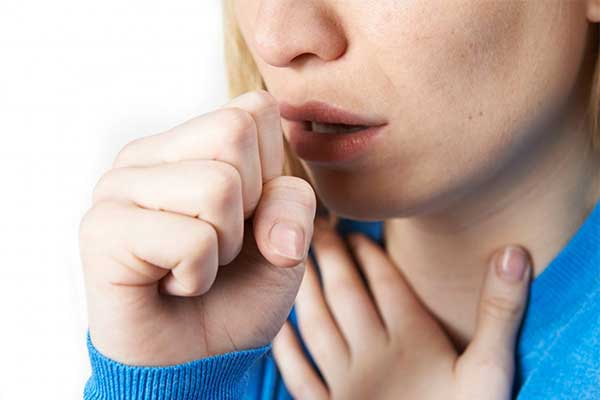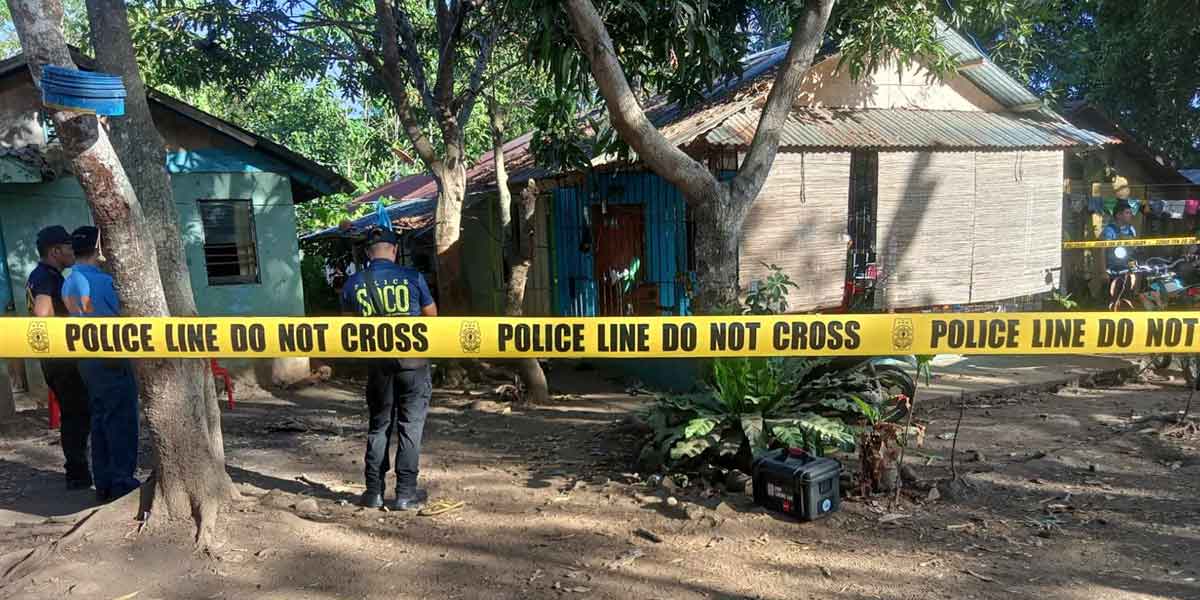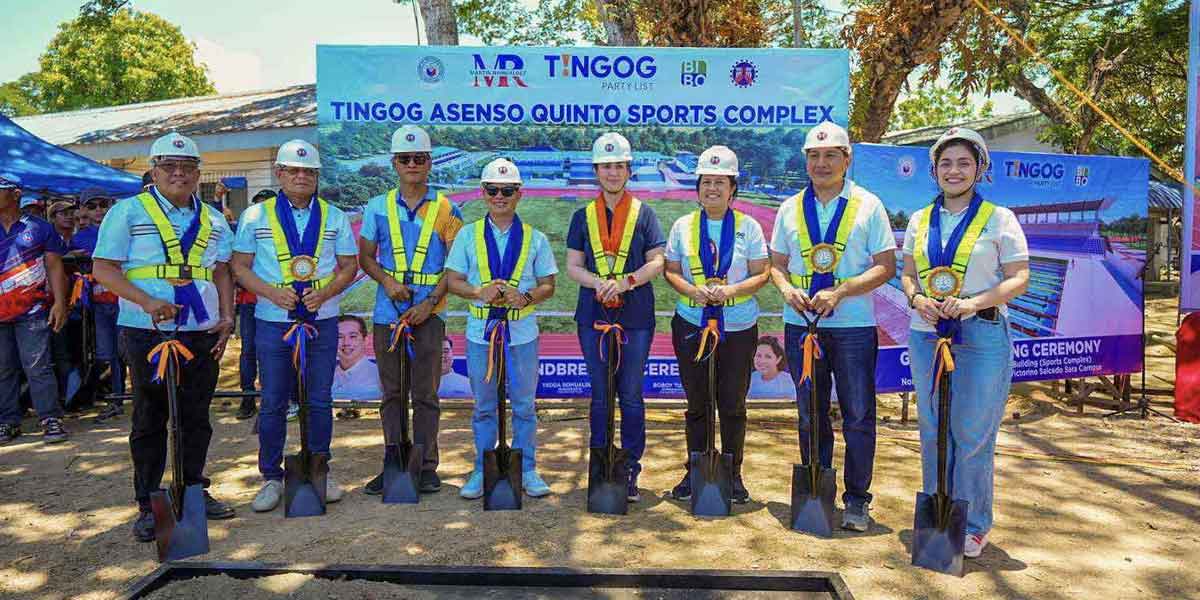
By Mariela Angella Oladive
The Iloilo Provincial Health Office (IPHO) has reported a second laboratory-confirmed case of pertussis, also known as whooping cough, which has raised concerns about respiratory infections among children.
A 21-day-old infant, currently hospitalized in Iloilo City, is the latest case. The infant has been suffering from persistent coughing for more than two weeks, according to Dr. Maria Socorro Quiñon, head of the IPHO. This case follows the recent pertussis-related death of a 28-day-old infant.
Pertussis is characterized by spells of rapid coughing, often with a distinctive “whooping” sound during inhalation. Symptoms also include vomiting, difficulty in breathing, and cyanosis.
In response to the growing concern, the IPHO has announced plans to carry out random testing through its Provincial Epidemiological and Surveillance Unit.
“We plan to coordinate with the Municipal and Provincial Social Welfare and Development Office to conduct nasal and throat swabs on children who show symptoms, to determine if the cause is the common flu or pertussis. We hope to begin this process next week,” Dr. Quiñon stated.
She stressed the importance of timely case identification to provide appropriate treatment and curb further transmission.
Dr. Quiñon has also called on daycare center teachers to be alert and to send home any students exhibiting signs of illness, as a measure to reduce the risk of spreading the infection.
She recommended the implementation of strict hygiene practices, such as handwashing with soap and water, wearing masks, and maintaining physical distancing.
Furthermore, the IPHO emphasized the crucial role of vaccinations in preventing pertussis, especially in infants and young children. However, they noted that infants younger than six weeks old are still at risk, underscoring the need for early detection and intervention.
The community is encouraged to support health initiatives to protect vulnerable groups from whooping cough and other respiratory diseases.



















